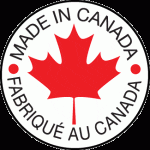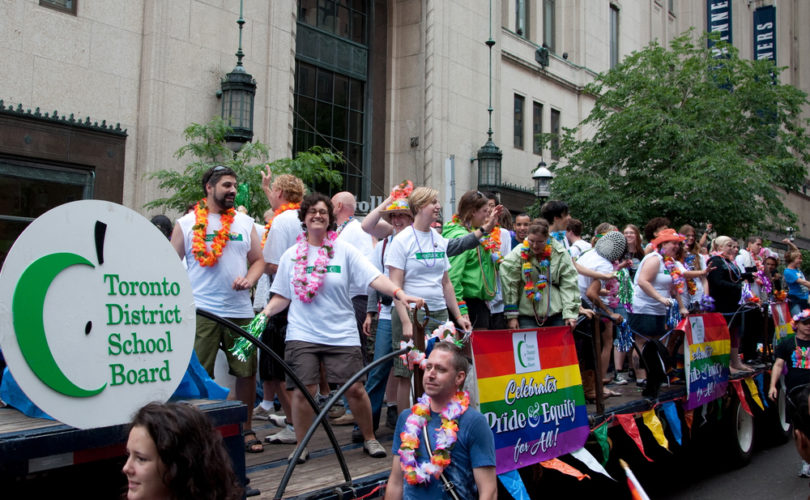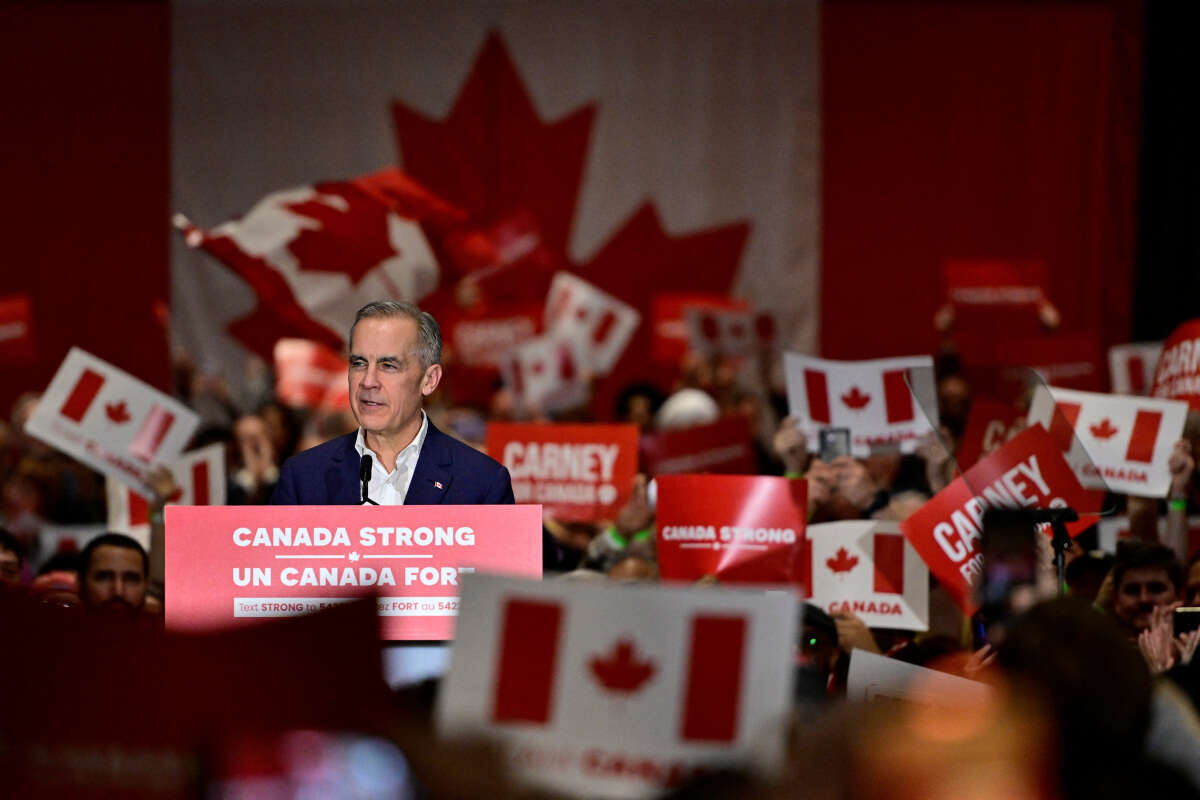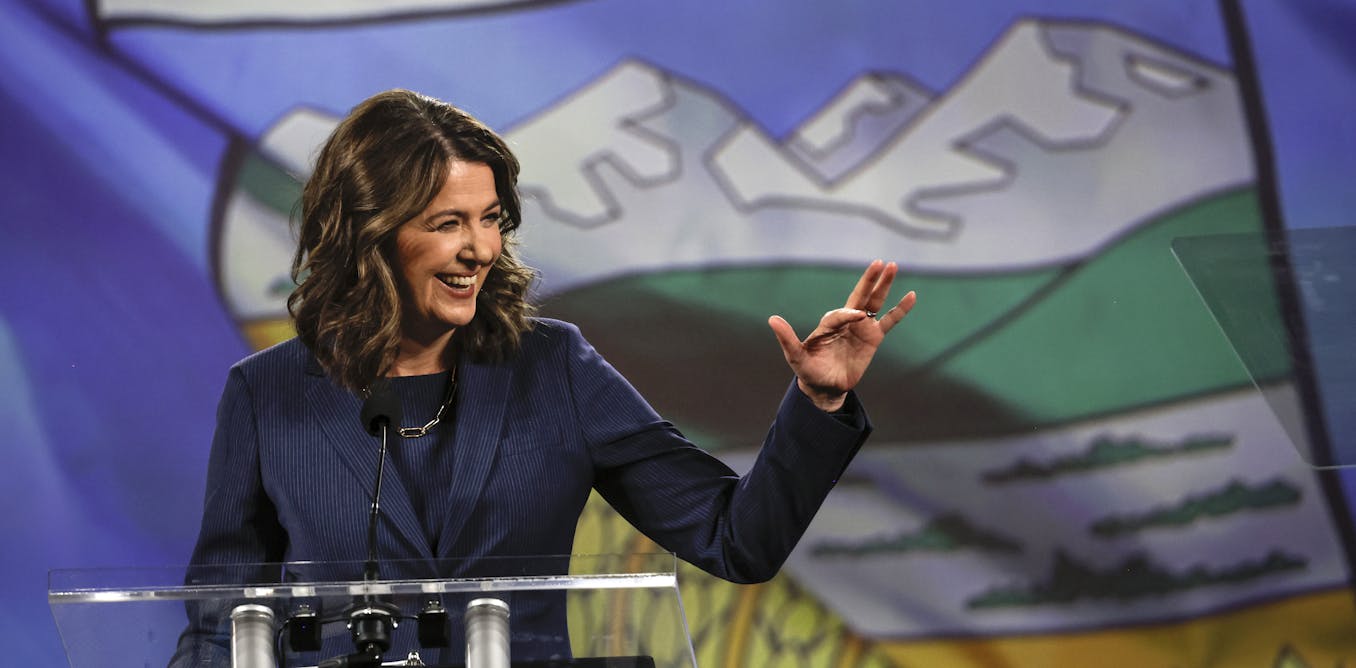June marks the beginning of Pride Month in Canada, a time when the LGBT movement is celebrated nationwide. However, the acronym “LGBT” has expanded to include more diverse identities, such as “2SLGBTQIA+.” Even Ontario Premier Doug Ford, a leader of the Progressive Conservative government, acknowledged this extended community. The Toronto District School Board (TDSB), irrespective of the government in power, actively supports the LGBT agenda, prompting discussions about parental opposition. This article explores the clash between the expanding LGBT movement and parental concerns in Canadian schools.
The Growing LGBT Agenda in Schools
The TDSB is dedicated to embracing and celebrating the LGBT community. In response to some parents keeping their children out of school during Pride events, the TDSB has taken measures to ensure the continuation of these events while keeping parents informed. Chantal Pfahl, a former high school teacher and board trustee candidate, reported that one high school hosted a “Pride Ball” attended by more than 250 students from 20 Gay-Straight Alliance (GSA) clubs. Students could attend the event with a payment of $15, without requiring parental consent. The TDSB instructed teachers to share information about the event solely through word of mouth due to safety considerations.
Aside from the “Pride Ball,” the TDSB organizes various other LGBT events across its schools. The implementation of the LGBT agenda has become so widespread in the public school system that it is now newsworthy when parents choose not to send their children to such events.
A Clash of Values in Canadian Schools https://t.co/inLlEyH0uL
— The Carnivore Den (@CarnivoreDen) June 5, 2023
Parental Opposition and Absenteeism
Some parents in Ottawa have chosen to keep their children home from school during Pride activities, leading to increased absenteeism rates. The Ottawa-Carleton District School Board and Ottawa Catholic School Board have decided to fly the LGBT flag at all their schools and board offices. However, many parents have expressed their disagreement, with absentee rates exceeding 40% in nine schools on June 1, and two schools experiencing absentee rates over 60%. This collective protest reflects the dissatisfaction with the school board’s full embrace of the LGBT agenda.
Notably, a public statement, signed by numerous Muslim individuals from the United States and Canada, highlights the tensions between parental rights and pro-LGBT educators. Released on May 23, the statement addresses the conflict between Islamic sexual and gender ethics and prevailing societal views. It criticizes the push to promote LGBTQ-centric values among children through legislation, disregarding parental consent and impeding the teaching of religiously grounded sexual ethics. The statement argues that such policies violate the constitutional rights of Muslim parents to freely practice their religion and contribute to intolerance towards faith communities.
Diversity, Opposition, and Accusations
In a multicultural country like Canada, the opposition to the LGBT agenda primarily comes from non-white, non-Christian communities. These communities view diversity as the freedom to pass on their values and traditions to their children without government interference. However, participating in the public square while upholding these values is increasingly challenging.
Canadian politicians and the press must confront the reality that labeling those who disagree with LGBT ideology as “hateful” or “bigoted” predominantly targets non-white, non-Christian communities. This situation raises questions of whether such accusations could be considered “Islamophobic.”










